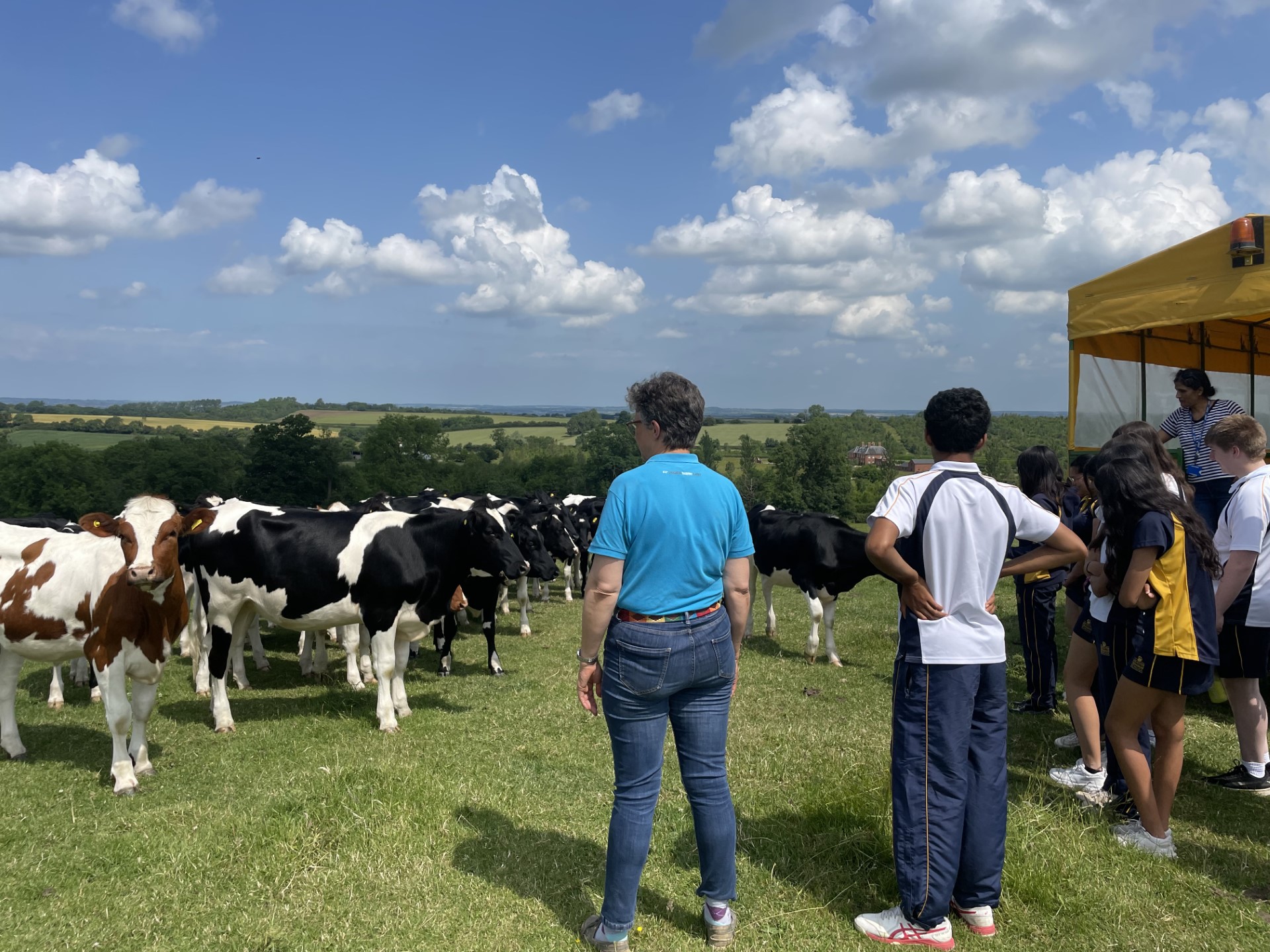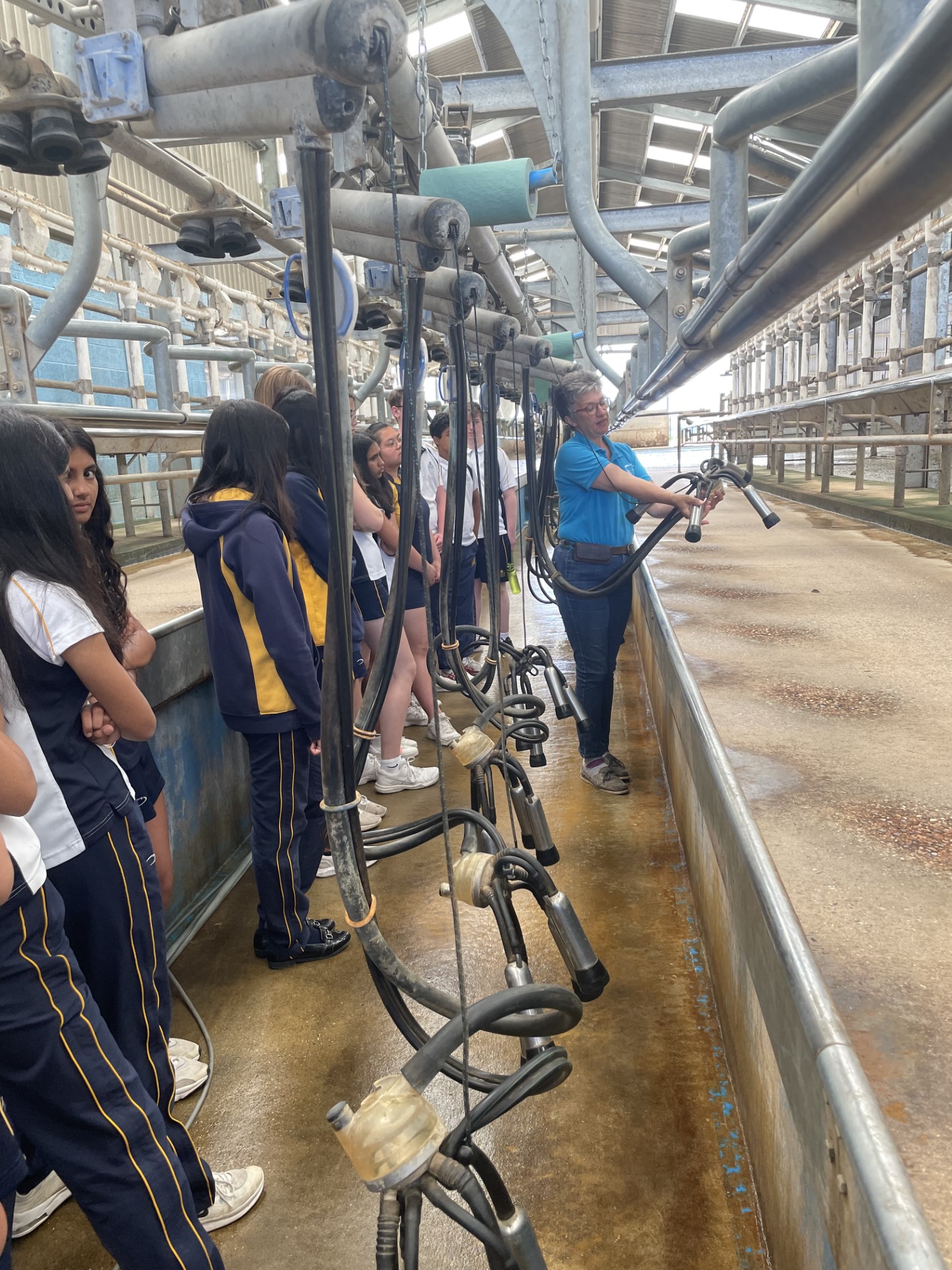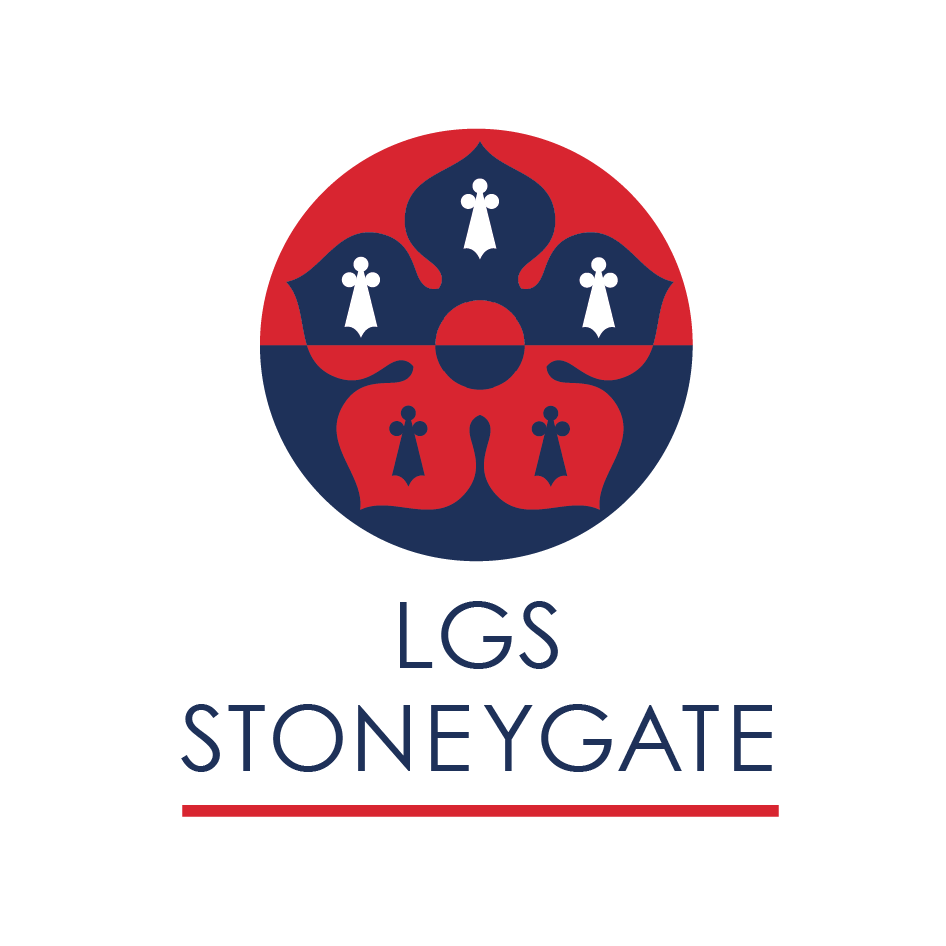Food and Nutrition
Food and Nutrition operates as a distinct department within Design. Students in years 6 - 8 attend on a rotation basis, thus receiving a good grounding in both theoretical and practical aspects.
These include nutrition, safety, hygiene, ingredients, technique, equipment and creativity.
11 weeks are spent doing so in years 6 and 7, and 8 weeks during year 8. It's an option in Year 9 and for IGCSE (Cambridge International). The GCSE is studied over 2 years.
Staff
|
Lower School
| Topics | Practicals | |
|---|---|---|
| Year 6 |
Hygiene and Safety |
Hot Milk Drinks |
| Year 7 |
Health and safety Food spoilage |
Fruity flapjacks Scones Soup Asian slaw salad Pepperoni pasta Carrot cakes Chicken Jalfrezi Chocolate chip cookies Pizza pinwheels |
| Year 8 |
Raising agents Sensory AnalysisAdditives Preservation |
Paella A 'fakeaway' dish |
Year 9
Pupils have one double lesson per week.
Topics
- Nutrients
- Fibre & water in the diet
- Food related health conditions
- Eggs
- Sauce making
- Food labelling
- Afternoon tea topic (including the theory of breadmaking, pastry and cakes)
- The science of cooking
Practical lessons cover a variety of dishes which relate to the theory lessons.
GCSE
Pupils study the Cambridge IGCSE in Food and Nutrition.
The aims of this syllabus describe the educational purposes of a course in food and nutrition for the Cambridge IGCSE exam.
The aims are to:
- Develop candidates' understanding of nutrition and health problems associated with diet;
- Develop candidates' understanding of eating patterns and dietary needs both for people of different ages and for differing groups within society;
- Develop candidates' interest in the creative side and enjoyment of food and the skills necessary for food preparation and food preservation;
- Develop candidates' understanding and awareness of how socio-economic factors affect diet;
- Encourage candidates to develop aesthetic and social sensitivity to dietary patterns;
- Develop candidates' food-related knowledge and skills so that they can organise and manage family resources effectively according to the needs and lifestyles of family members;
- Develop candidates' ability to make informed judgements and choices about the use of food available to the family unit in everyday life;
- For the Cambridge IGCSE Food and Nutrition, candidates take two compulsory components:
Paper 1 Theory and Paper 2 Practical Test.
Written paper consisting of short-answer questions, structured questions and open-ended essay questions.
100 marks
50% of total marks
Candidates have a Planning Session of 1 hour 30 minutes one week before the Practical Test of 2 hours and 30 minutes.
At the start of the Planning Session, candidates are given their allocated test question (as detailed in the Confidential Instructions) and three preparation sheets. At the end of the Planning Session, all three preparation sheets are returned to the Practical Examiner. At the start of the Practical Test the preparation sheets are returned to the candidate.
100 marks
50% of total marks
Trips
Dairy Farm Trip (Year 10)
The pupils visit a dairy farm in Somerby, Leicestershire.
They see how a dairy farm runs including visiting a milking parlour and a trailer ride to see the cows! They learn about milk and cheese production which links in to the topic on food commodities for GCSE.


Co-curricular
- Year 12 and 13 "Cooking for university"




